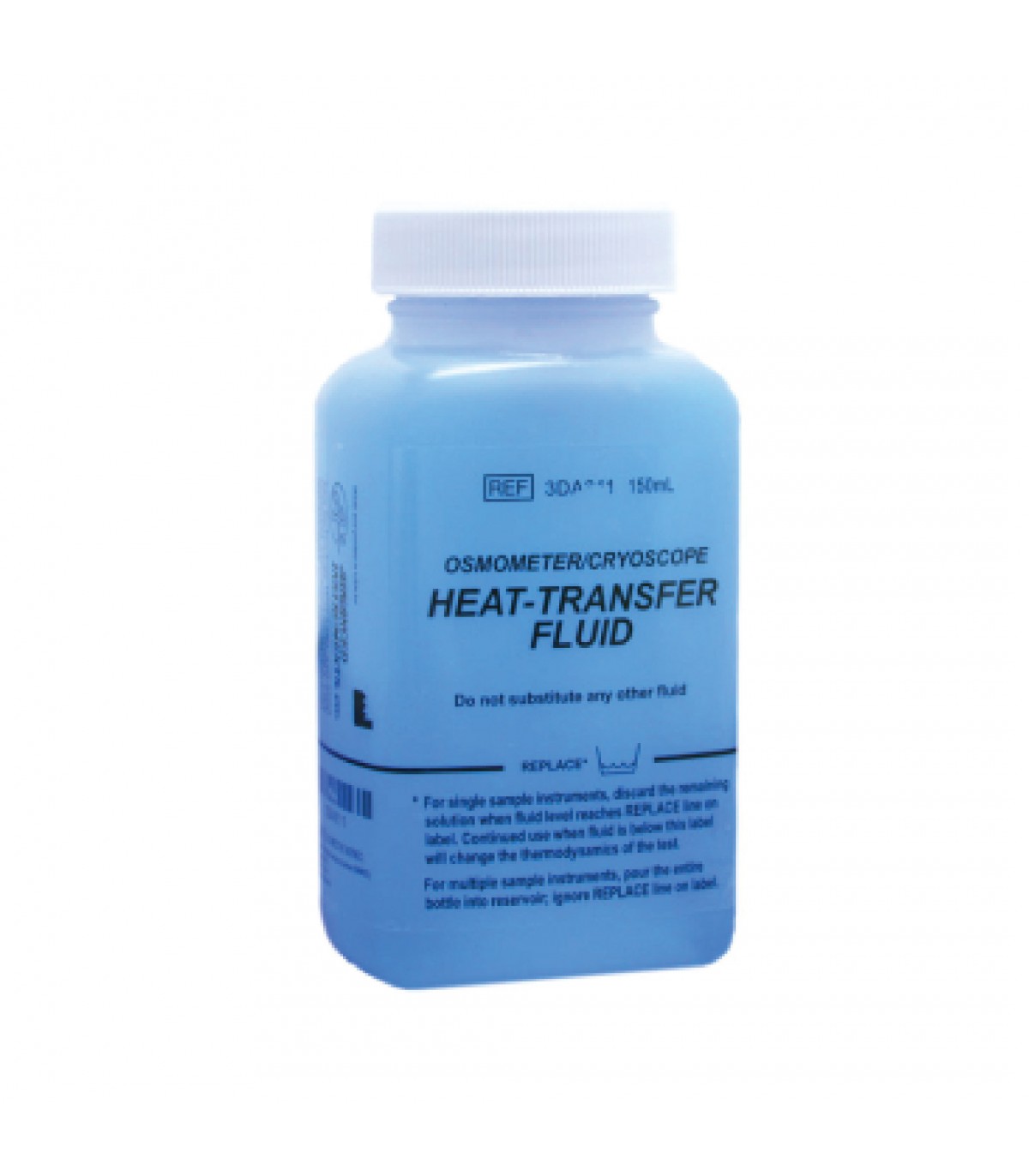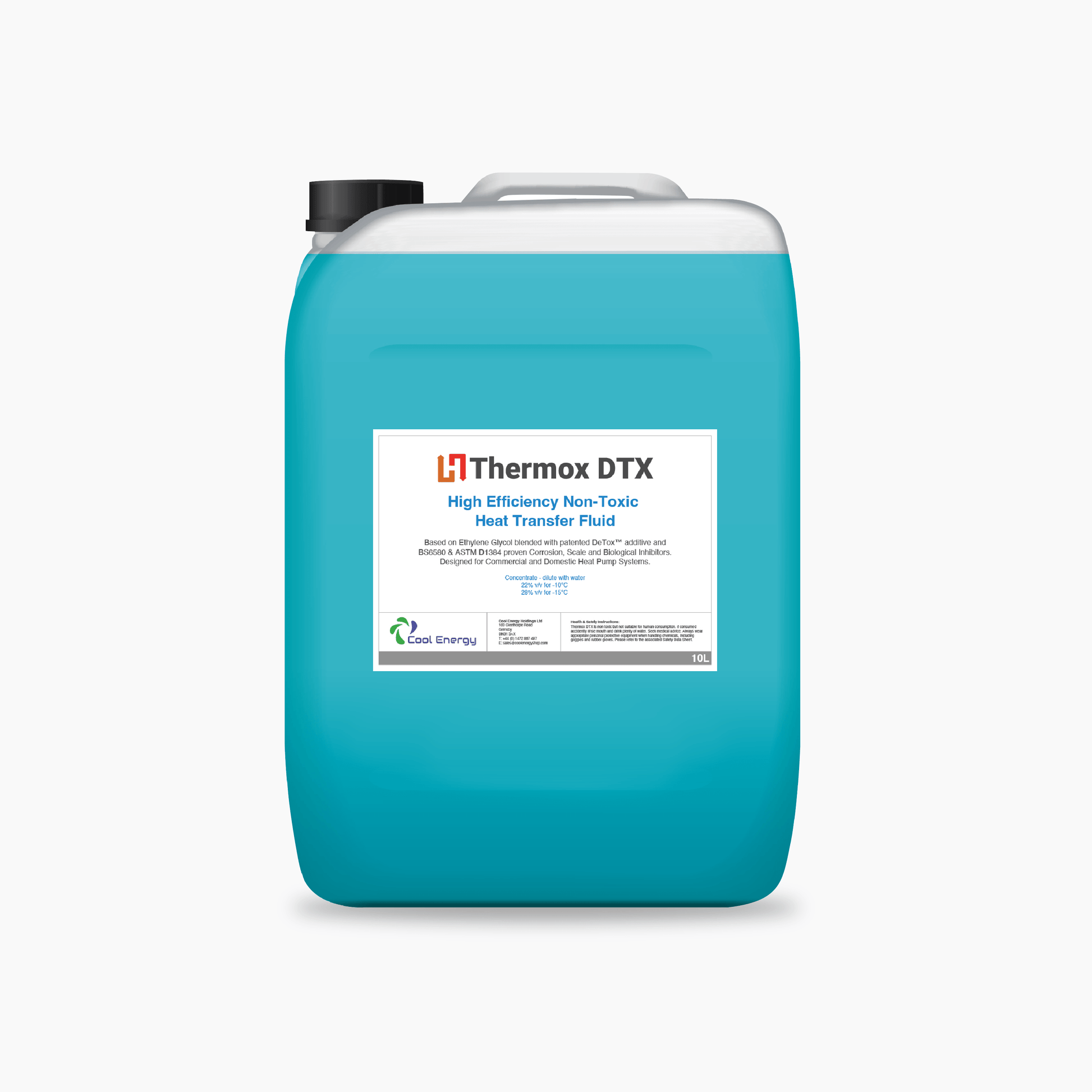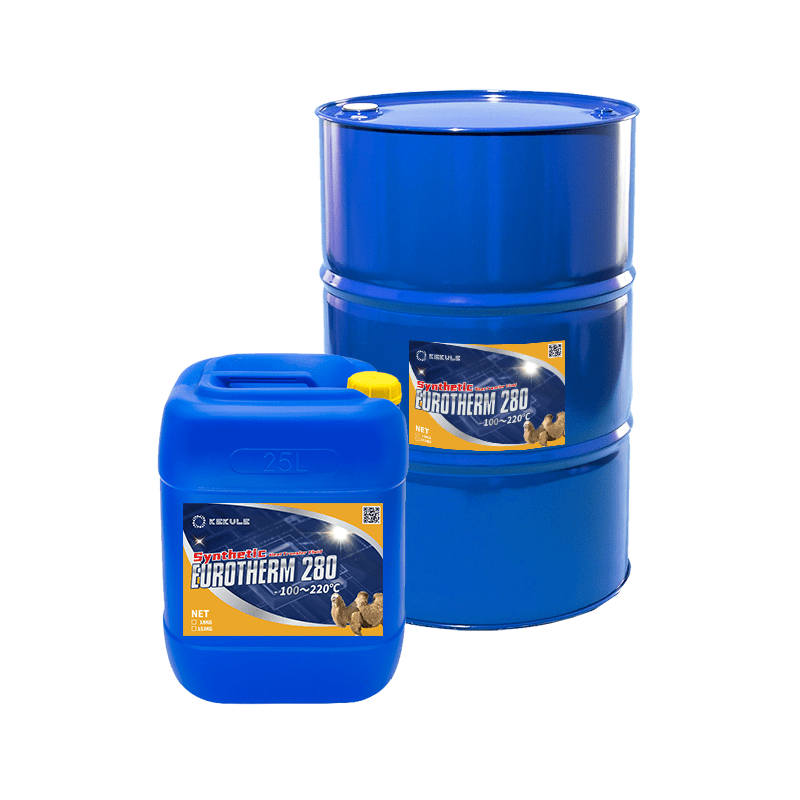Why Normal Maintenance of Heat Transfer Fluid is Critical for System Long Life
Why Normal Maintenance of Heat Transfer Fluid is Critical for System Long Life
Blog Article
Why Warmth Transfer Liquid Is Essential for Optimizing Power Transfer in Solution
The role of heat transfer liquids in maximizing power transfer is essential for accomplishing effective thermal administration throughout numerous industrial fields. These fluids facilitate seamless warmth exchange, making sure procedures run within optimum temperature level arrays and reducing the threat of overheating. Their choice, based upon factors like viscosity and thermal security, straight affects the performance and sustainability of a system. The ins and outs of picking the right liquid are usually underestimated. What are the vital factors to consider for this option, and just how do they affect both economic performance and ecological duty in commercial applications?

Role in Thermal Monitoring
Warmth transfer liquids play an important function in thermal administration by efficiently controling temperatures in numerous industrial procedures and systems. These specialized liquids promote the transfer of heat in between various elements, ensuring optimum operating problems and preventing overheating. By preserving exact temperature control, heat transfer fluids make it possible for markets such as chemical manufacturing, oil and gas, and power generation to operate safely and successfully.
The option of a proper heat transfer liquid relies on several factors, including thermal stability, heat ability, and thickness. High thermal stability ensures that the liquid can hold up against extreme temperature levels without degrading, while a high heat capability enables it to take in and launch significant quantities of warmth - heat transfer fluid. Low thickness lowers the power required for pumping, adding to general system efficiency
Moreover, warmth transfer fluids are important in applications like refrigeration, where they assist soak up and dissipate heat throughout the cooling cycle. In solar thermal power systems, these liquids capture and transportation solar heat to produce power or provide warm water. Their flexibility to varied operating conditions and capability to keep constant thermal performance underscore their importance in industrial thermal management, helping with operational connection and enhancing safety actions.

Enhancing System Performance
To make the most of the advantages of thermal management, enhancing system efficiency with the critical usage of heat transfer liquids is extremely important. By maintaining ideal temperature degrees, heat transfer liquids help make sure that systems operate within their developed specifications, thereby protecting against getting too hot and decreasing the threat of element failure.

Types of Warm Transfer Fluids
The variety of heat transfer fluids highlights click for more info their essential function in an array of commercial applications, each tailored to fulfill particular thermal administration needs. These fluids promote reliable power transfer and are picked based upon vital homes such as thermal security, thickness, and heat capacity. The key kinds include water, glycol services, oils, and synthetics, each offering distinctive benefits.
Water is the most typical warm transfer tool due to its high certain warm ability and inexpensive. Nonetheless, its use is restricted by its freezing and steaming factors. Glycol mixtures, often made use of in a/c systems, give a lower freezing factor, adding convenience in various climates. Mineral oils are preferred for their thermal security and non-corrosive nature, making them suitable for high-temperature applications.

Artificial liquids, including silicone and aromatic compounds, supply remarkable thermal security and are used in settings demanding severe temperature level ranges. These liquids make sure superior performance in systems where conventional liquids may stop working. The selection of a warm transfer liquid is critical, as it affects system effectiveness, safety and security, and durability. Each kind should be selected to straighten with the functional needs and the certain problems of the application it serves.
Environmental and Economic Perks
Making use of the right warmth transfer fluids offers substantial environmental and financial benefits for industrial procedures. By selecting liquids with superior thermal stability and high heat ability, industries can improve power efficiency, leading to reduced gas usage and lower greenhouse gas exhausts. This adds to a smaller Learn More Here carbon footprint and lines up with global sustainability objectives. Environmentally friendly warmth transfer fluids, frequently biodegradable and non-toxic, decrease the danger of dirt and water contamination in the event of leakages or spills, thus shielding communities and adhering to web link rigid environmental laws.
Economically, the appropriate heat transfer fluid can considerably reduce functional expenses. Liquids with extensive lifecycle performance decrease the regularity of replacements and maintenance, decreasing downtime and connected costs. Overall, the calculated usage of optimum warm transfer fluids supports sustainable financial development and ecological stewardship.
Picking the Right Fluid
How does one navigate the complex process of picking the ideal heat transfer liquid for commercial applications? Picking the proper liquid is important, as it directly influences system effectiveness, security, and operational prices. Trick factors to consider include thermal security, compatibility with system products, and running temperature level variety. Thermal stability makes sure the fluid can stand up to high temperature levels without breaking down, while compatibility protects against rust or various other harmful reactions with system components. The operating temperature variety need to align with the system's requirements to maintain performance and durability - heat transfer fluid.
In addition, the fluid's heat capability and thickness are critical. A high heat capacity enables the liquid to absorb and transfer more power, boosting performance.
Final Thought
The critical choice and application of warmth transfer fluids are basic to optimizing energy transfer across various systems. By making sure high thermal stability and capacity, these liquids provide accurate temperature control and enhance general system effectiveness.
Report this page